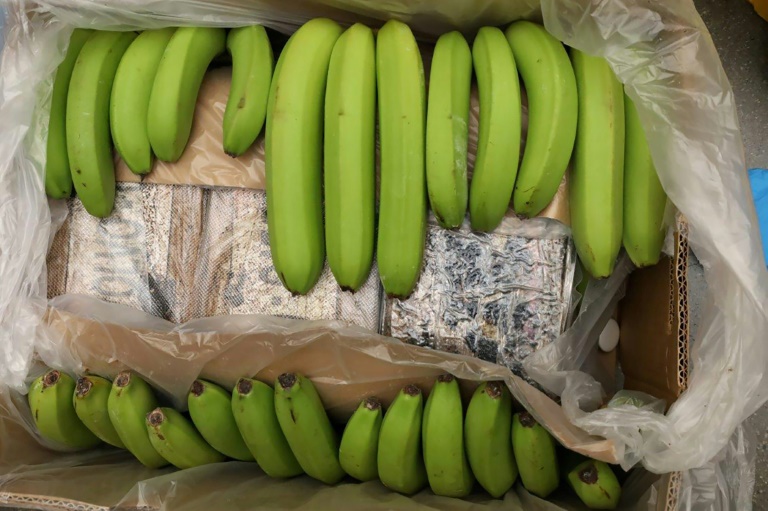A U.S. jury in Miami has ruled that Chiquita Brands International is liable for financing the United Self-Defense Forces of Colombia (AUC), a paramilitary death squad designated as a terrorist organization by the U.S. during Colombia’s civil war.
This decision comes after 17 years of legal proceedings and a previous conviction in 2007 when Chiquita was fined $25 million for illegal payments to the AUC. The recent verdict marks the first time an American jury has held a major U.S. corporation accountable for complicity in human rights abuses in another country, newsletter Pirate Wire Services explained.
Plaintiffs represented by Earth Rights International, an NGO advocating for corporate responsibility, have long sought justice through courts in both Colombia and the United States regarding this issue. The jury in Miami recommended a civil fine of $2 million for each family member filing suit, following two “bellwether cases” selected from over a hundred filed by victims.
Court documents reveal that Chiquita paid 3 cents per dollar for each box of bananas exported from Colombia to the AUC, an organization responsible for thousands of civilian deaths, including the eradication of entire villages, the murders of trade union representatives and rivals, and the kidnapping of politicians. Victims and their families had lobbied for years to sue Chiquita in civil courts, efforts that the company delayed through various legal tactics.
In addition to the payments, victims and ex-AUC commanders claim that Chiquita provided weapons and gasoline to the paramilitary forces in the Urabá region of Colombia. They argue that Chiquita executives knew these resources were being used to kill civilians and suppress unions near their operations. Chiquita has denied these accusations, maintaining that the payments were extortion made under duress, an argument previously rejected by U.S. courts.
Chiquita attempted to move all civil cases to Colombian courts, but its motion was denied, and the cases proceeded in the U.S. In 2018, Colombia’s Prosecutor’s Office formally accused Chiquita executives of aggravated conspiracy to commit a crime and attempting to hide these payments as “security payments.” The investigation was suspended in 2019 but may resume under Colombia’s new lead prosecutor, Luz Adriana Camargo Garzón, who has expressed interest in the case.
The Colombian Peace Court has characterized Chiquita’s actions, including labor union repression, as “crimes against humanity.” The central issue in the U.S. civil court case was whether Chiquita’s payments to the AUC materially assisted the group in its illegal actions.



I don’t know the facts of that case, I’m speaking about the proposed hypothetical with the taxes/US because it’s fun to speak about hypotheticals to me. I’d bet they did something more than an analogue to taxes frankly, if they’ve been convicted.
Although I hope this doesn’t affect my banana supply, fucking love those things.
I like hypotheticals myself, but not when they are used to mislead.
Chiquita was the entity calling the shots and the death squads were killing and intimidating anyone who went against their commercial interests, including politicians.
For that reason, the hypothetical above reads like an attempt to pretend Chiquita was somehow a passive participant.
See, that’s what I thought the case would be, and frankly could be useful information to include in the original refutation, because by playing into it without mentioning “well it’s actually a bit more than taxes” and phrasing it in a way that leaves it too open to interpretation leads to things like “actually, technically yes, I do pay taxes, however I feel these situations are different.”